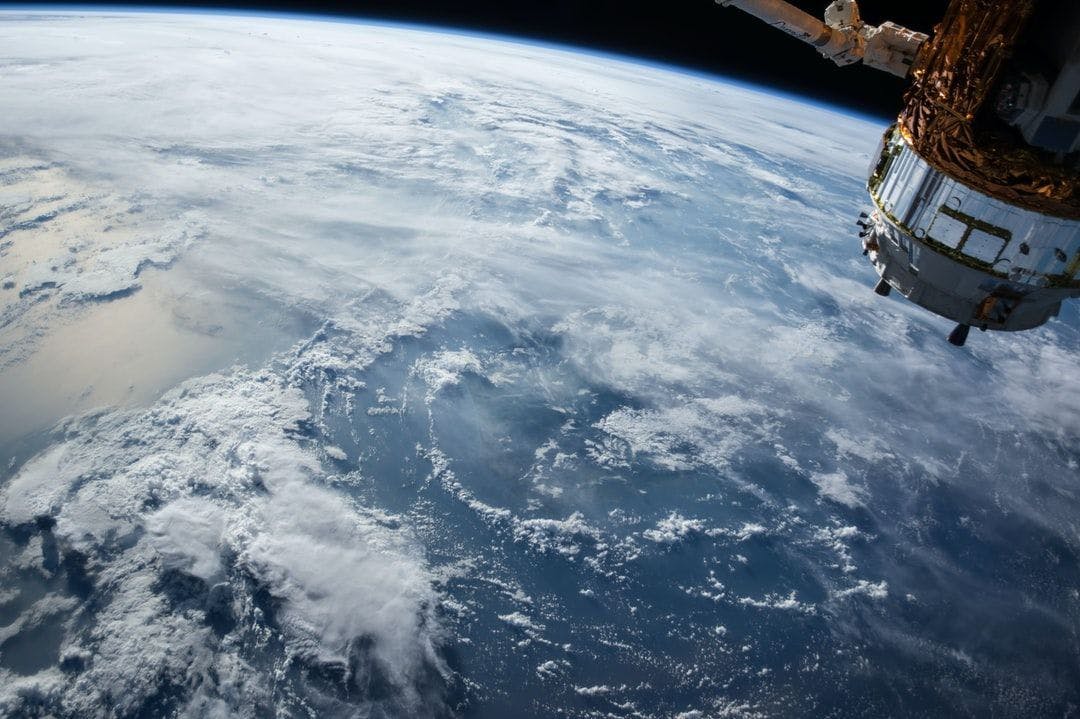8,988 reads
Why Has NASA Stopped Exploring The Oceans?
by
January 3rd, 2022
Audio Presented by

Your Slack? Insightful words by highly intelligent people. Your tech blog? Not so much. Write together. #SloggingBeta
About Author
Your Slack? Insightful words by highly intelligent people. Your tech blog? Not so much. Write together. #SloggingBeta
Comments
TOPICS
Related Stories
Light My Web Exploration Fire
May 09, 2022
Light My Web Exploration Fire
May 09, 2022
